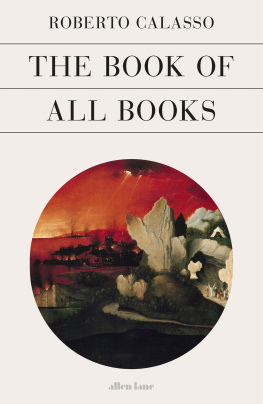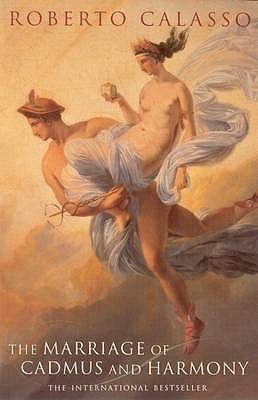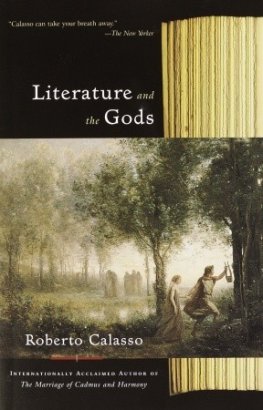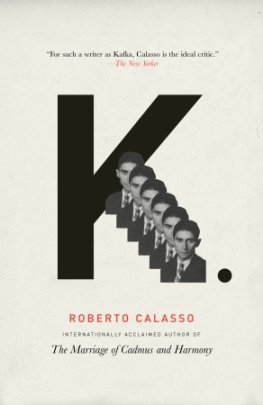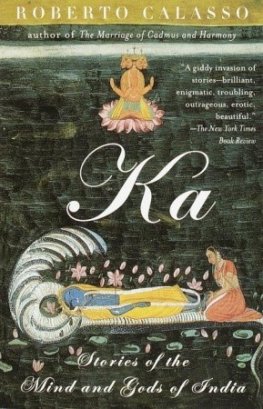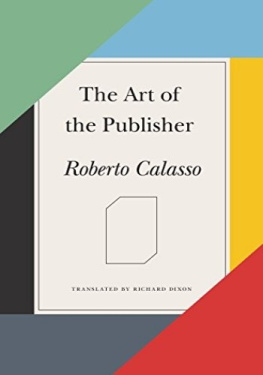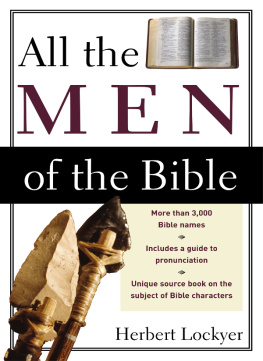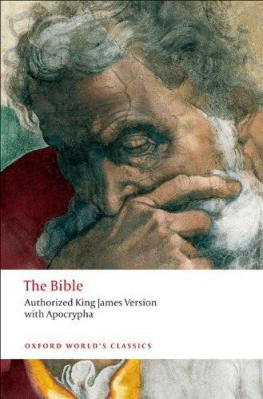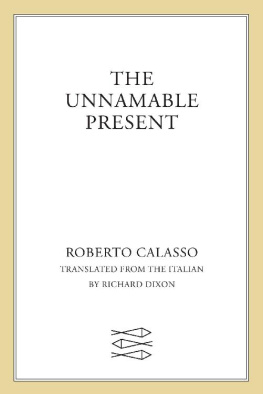PENGUIN BOOKS
UK | USA | Canada | Ireland | Australia
New Zealand | India | South Africa
Penguin Books is part of the Penguin Random House group of companies whose addresses can be found at global.penguinrandomhouse.com.

First published in Italy as Il libro di tutti i libri by Adelphi Edizioni S.p.A. Milano 2021
This translation published in the United States of America by Farrar, Straus and Giroux 2021
First published in Great Britain by Allen Lane 2021
Copyright Adelphi Edizioni S.p.A. Milano, 2019
Translation copyright Tim Parks, 2021
The moral right of the author and translator has been asserted
Cover image The Destruction of Sodom and Gomorrah by Joachim Patinir
Cover photo Bridgeman Images
Cover design: Olga Kominek
ISBN: 978-0-141-99287-7
This ebook is copyright material and must not be copied, reproduced, transferred, distributed, leased, licensed or publicly performed or used in any way except as specifically permitted in writing by the publishers, as allowed under the terms and conditions under which it was purchased or as strictly permitted by applicable copyright law. Any unauthorized distribution or use of this text may be a direct infringement of the authors and publishers rights and those responsible may be liable in law accordingly.
BY ROBERTO CALASSO
I. The Ruin of Kasch
II. The Marriage of Cadmus and Harmony
III. Ka
IV. K.
V. Tiepolo Pink
VI. La Folie Baudelaire
VII. Ardor
VIII. The Celestial Hunter
IX. The Unnamable Present
X. The Book of All Books
The Art of the Publisher
The Forty-nine Steps
Literature and the Gods
Roberto Calasso
THE BOOK OF ALL BOOKS

Translated from the Italian by Tim Parks

Thus, book after book, the book of all books would show that it was given to us so that we might try to enter there as into a second world, and lose ourselves there, enlighten ourselves, perfect ourselves.
GOETHE

I
The Torah in Heaven
Nine hundred and seventy-four generations before the world was created, the Torah was written. How? With black fire on white fire. It was Yahwehs only daughter. Her father wanted her to live in a foreign land. The presiding Angels said: Why cant she stay in heaven? Yahweh answered: Whats that to you? A king came along and took the daughter for his bride. Yahweh told him: This is my only daughter Im giving you. I cant part with her. But nor can I tell you not to take her, because she is your bride. Grant me but one thing: that wherever you go you keep a room for me.
In the solitude before Creation, Yahweh had only his daughter to help. She was Torah, Law, and Hokhmah, Wisdom. His consultant, and his artificer too: she calculated the size of things, took care to plug the waters, marked where the sand should start, sealed the seams of the heavens. Sometimes she served as the open map of Creation. Then Yahweh would watch her in silence.
Wisdom was the artificer, the plane, the tool. cum eo eram, cuncta componens, said Wisdom. No one would ever know greater pride or greater awe. As the cycle of marvels was nearing its end, Wisdom was always there in front of Yahweh, playing on the ground. It was Creations happiest moment, one uninterrupted pleasure (delectabar per singulos dies) whose emanation would eventually pass to the sons of men, much abated, much adulterated.
Together with atonement, with Eden, Gehenna, the throne of majesty, the Temple, and the name of the Messiah, the Torah was one of the seven things created before the creation of the world. Eden, a garden, hovered in a place that preceded space. Likewise Gehenna, a valley. Their presence was indispensable, though no one knew how or where they could have existed before the world came into being. For the Torah, on the other hand, the existence or otherwise of the world hardly mattered. She sat on the Fathers knee, singing together with the presiding Angels. After hundreds of generations, some of those Angels looked down and saw a man struggling to climb a mountain. With a shiver of nostalgia that anticipated their imminent loss, they asked the Father: Why do you want to give this carefully guarded jewel to a creature of flesh and blood? But it was already too late.
It was because the Torah was written with black fire on white fireNachmanides, a cabalist of Gerona, believedthat it could be read in two contrasting ways: either as an uninterrupted text, not divided into wordssomething the nature of fire demandsor in the traditional fashion, a sequence of stories and precepts. Approached the first way, the uninterrupted text became a list of names. Stories and precepts melted away. But other cabalists from Gerona went further. Why insist on a plurality of names? The whole Torah should be read as a single name. The Name of the Holy One. Azriel went so far as to say that Genesis 36, which lists the descendants of Esau and is generally thought an unimportant passage, should not be considered as fundamentally distinct from the Ten Commandments. They were parts of the same structure and all equally necessary.
Wisdom issued from the mouth of the Father in the form of a cloud. It covered the earth like a cloud.

II
Saul and Samuel
Saul makes his first appearance on a mission to recover some she-asses that had gone missing. We could give that to the seer and ask him the way. The Bible adds a few words in explanation: Once, in Israel, when a man went to consult Elohim, he would say, Come, let us speak to the seer! What today we call a prophet was once called a seer.
Some girls had walked out of Zuf by the city gate to draw water from the well. Fatal meetings tend to happen near wells. The portion is mora, destiny. Sauls destiny was ready and waiting. They were expecting him.
For anyone not in the knowand no one is in the knowit was the lost asses that led Saul and Samuel to meet. If Sauls father hadnt told his son to look for them, Saul would have stayed at home, in Israels smallest tribe. He was a handsome young man, a head taller than his companions, and had given no sign of any particular vocation. Thanks to the lost asses, he found himself far from home, not sure of the way back. He was ready to give a silver coin to the person who would guide him.
It was in these circumstances that Yahweh had him meet Samuel. The lost asses were the ruse that made the meeting possible. And the asses would be found. Not by Saul, buthow we dont knowby Samuel himself, the seer who was to make Saul the first king of Israel. Yahweh was, among many other things, an allegorist. The lost and found asses were also the people of Israel who yearned for a king but wouldnt have been able to choose one, if Samuel, the seer, had not anointed him with the oil he kept in a vial.
Next page
